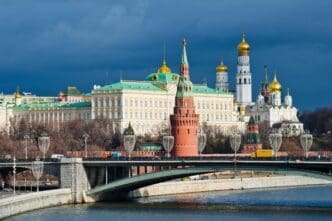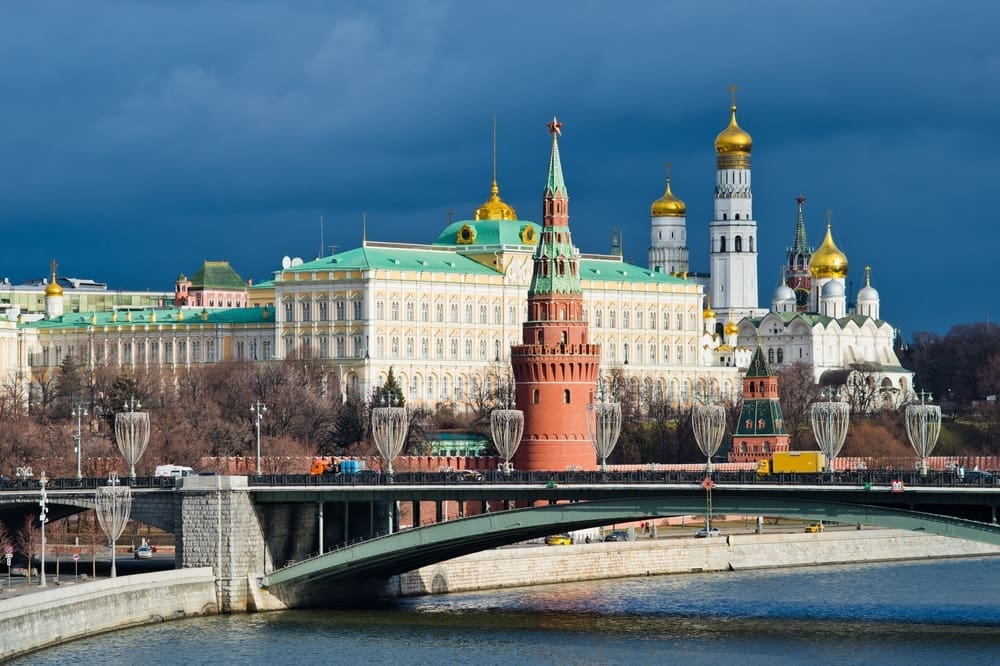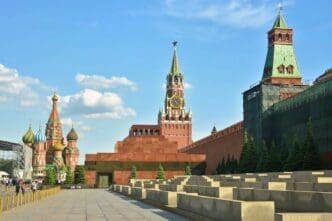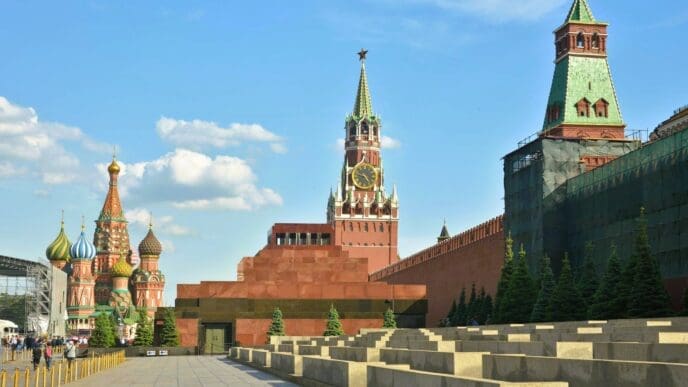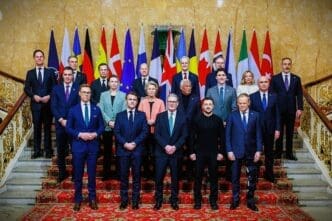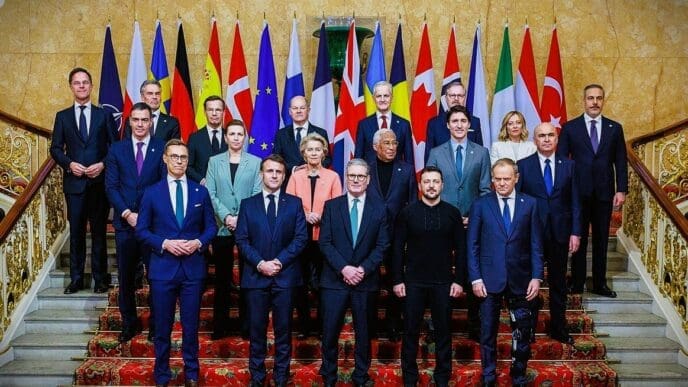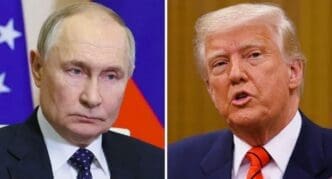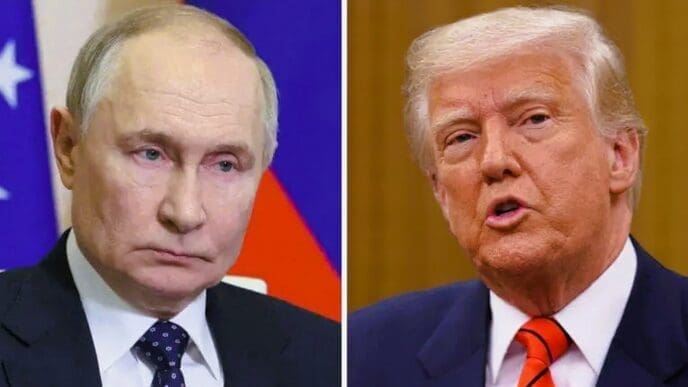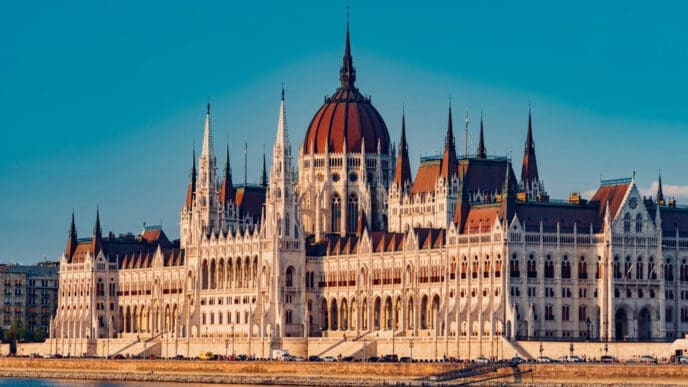The United States Special Envoy for the Middle East, Steve Witkoff, is currently in Russia for discussions with President Vladimir Putin. This marks the third meeting aimed at persuading the Kremlin to agree to a comprehensive ceasefire in Ukraine. Witkoff initially engaged in talks with Putin’s envoy, Kirill Dmitriev, as part of ongoing efforts to address the protracted conflict that has persisted for over three years.
Amid these diplomatic efforts, US President Donald Trump emphasized on his Truth Social platform the urgent need for Russia to progress towards ending the war, describing the situation as “terrible and senseless.” Ukraine has signaled its support for a US-backed ceasefire proposal, but Russia has effectively stalled the initiative by setting extensive conditions. European leaders have criticized Putin for his reluctance to move forward.
Kremlin spokesperson Dmitry Peskov, ahead of the discussions, indicated that no significant breakthroughs were anticipated, although he noted that efforts to normalize relations continue. Observers have noted that Russia appears to be using bilateral talks with the United States as a means to delay serious negotiations regarding the conflict in Ukraine.
The Washington-based Institute for the Study of War has assessed that the Kremlin remains uninterested in genuine peace negotiations. Despite the passage of four weeks since the US put forth its ceasefire proposals, Washington remains steadfast in its commitment to achieving a peace deal, according to State Department spokeswoman Tammy Bruce. She stressed that the conflict cannot be resolved through military means alone, describing it as a “meat grinder,” and underscored the need for the cessation of hostilities before further discussions can proceed.
The Bigger Picture
The ongoing conflict in Ukraine and the efforts to broker a ceasefire hold significant implications for international relations and global stability. For ordinary citizens, the resolution of this conflict could mean an end to the humanitarian crisis that has affected countless lives in the region. A ceasefire would not only halt the immediate violence but also pave the way for rebuilding efforts and the restoration of normalcy in affected areas.
For the broader international community, the resolution of the conflict could lead to improved diplomatic relations and a reduction in geopolitical tensions. The involvement of major powers like the United States and Russia underscores the global stakes of this conflict, and a successful ceasefire could set a precedent for resolving similar disputes through diplomatic means. Moreover, it could enhance global security and foster a more cooperative international environment, benefiting economic stability and international trade.

